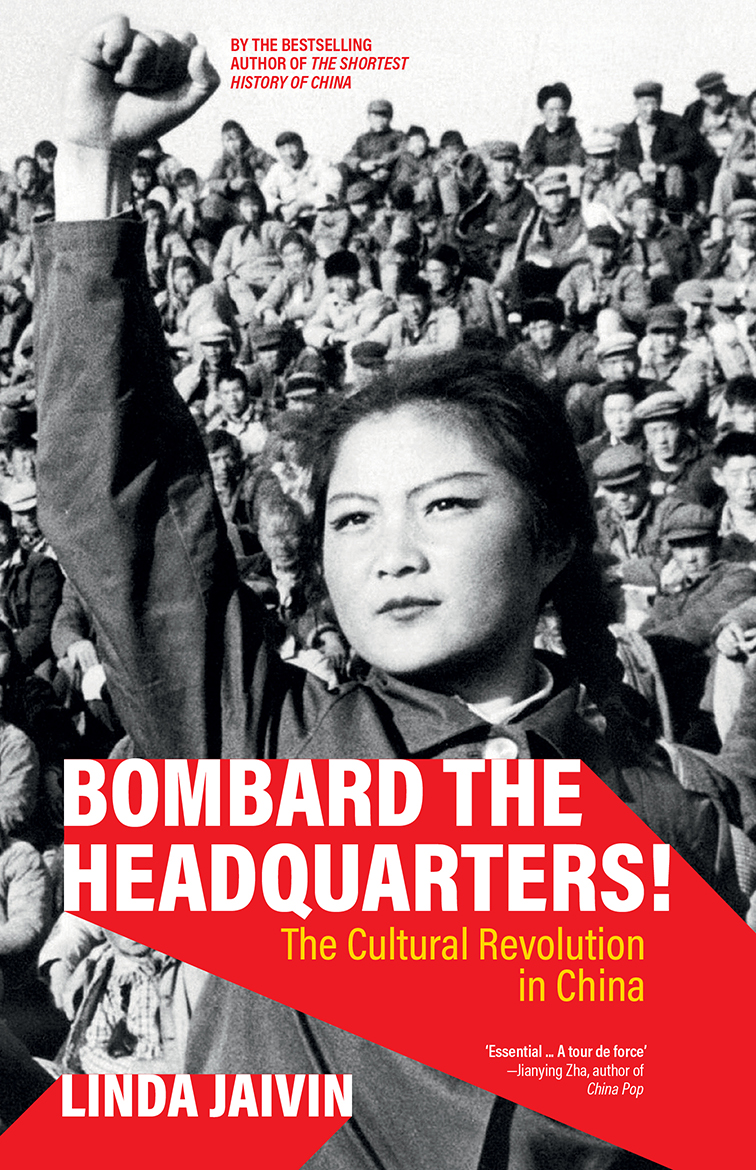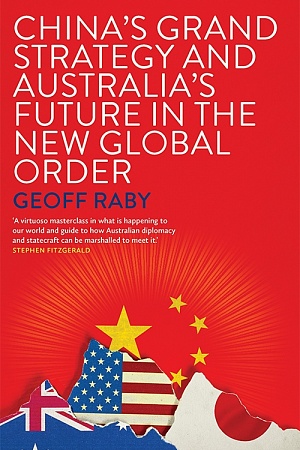ABR receives a commission on items purchased through this link. All ABR reviews are fully independent.
Mao’s mango
Of all the revolutionary regimes of the modern era, few sought to remake society as radically as Communist China during the Great Proletarian Cultural Revolution. Launched by Mao Zedong in 1966 to purge ‘class enemies’ and revitalise socialist ideals, the movement quickly spiralled into widespread upheaval that slipped beyond the Party’s control. Amid mass campaigns and brutal struggles, waves of political activism surged from below, jolting the very foundations of the Communist state and reshaping the country’s cultural and political landscape.
Millions were empowered; millions suffered or perished. Old cultures were smashed to make way for new visions that radically reimagined the life and society of an ideal socialist state. An entire generation was uprooted from classrooms, sent en masse to make revolution in the countryside through sweat and soil. Only with Mao’s death in 1976 did the movement come to a formal end. But its sheer scale, historical complexity, and enduring legacy have continued to galvanise scholars and commentators around the world, fuelling ongoing debates that defy easy conclusions. To compress such a turbulent and multifaceted historical episode into just over 100 pages is no small feat, yet Linda Jaivin does so with remarkable clarity and narrative flair.
Continue reading for only $10 per month. Subscribe and gain full access to Australian Book Review. Already a subscriber? Sign in. If you need assistance, feel free to contact us.
Bombard the Headquarters!: The Cultural Revolution in China
by Linda Jaivin
Black Inc, $26.99, 128 pp
ABR receives a commission on items purchased through this link. All ABR reviews are fully independent.











Leave a comment
If you are an ABR subscriber, you will need to sign in to post a comment.
If you have forgotten your sign in details, or if you receive an error message when trying to submit your comment, please email your comment (and the name of the article to which it relates) to ABR Comments. We will review your comment and, subject to approval, we will post it under your name.
Please note that all comments must be approved by ABR and comply with our Terms & Conditions.